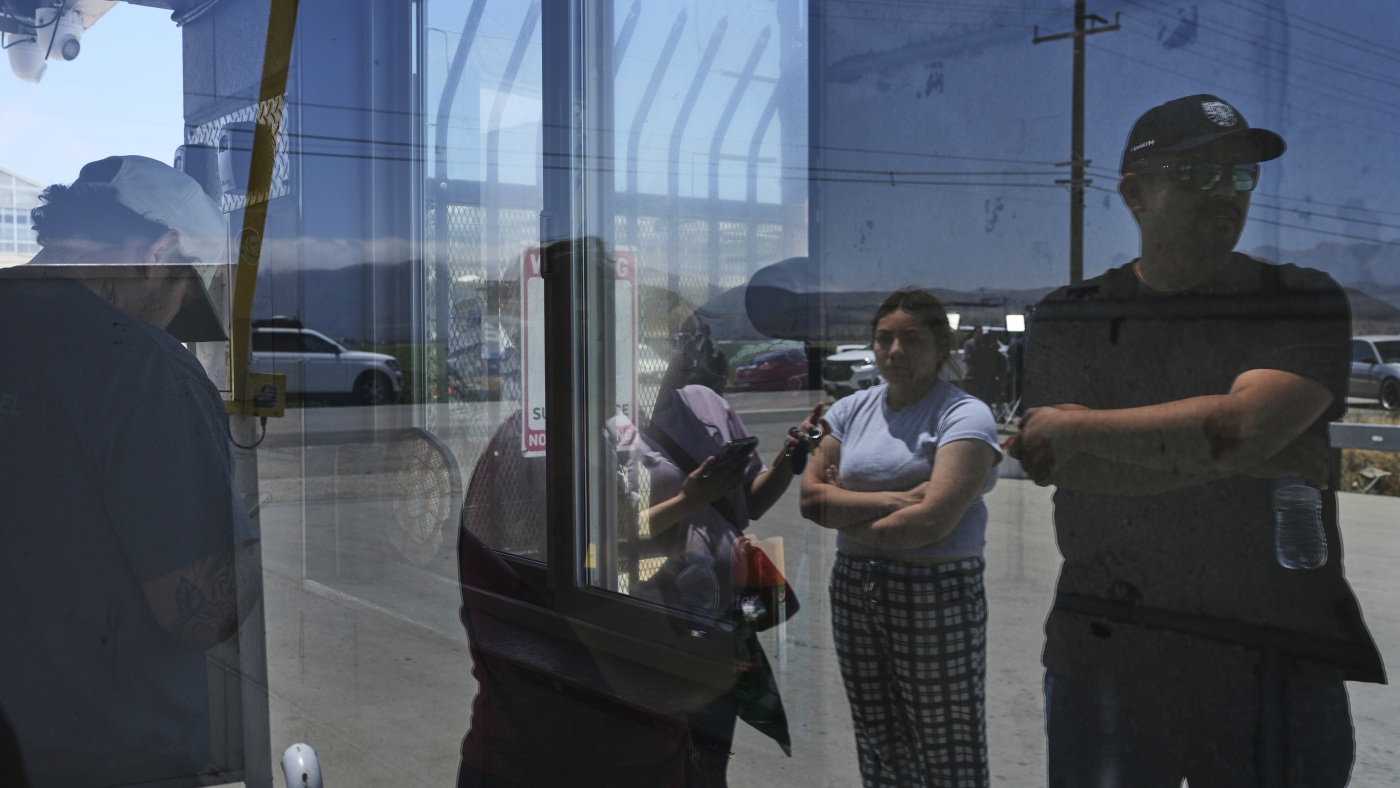UPDATE: A federal appeals court has just upheld a crucial order blocking the Trump administration from conducting indiscriminate immigration sweeps in Southern California. The Ninth U.S. Circuit Court of Appeals ruled late Friday to maintain a temporary restraining order issued on July 12, 2023, by Judge Maame E. Frimpong, which had been challenged by the federal government.
The ruling is a significant victory for immigrant advocacy groups who argue that the administration’s tactics systematically target individuals based on their race and ethnicity. The lawsuit, filed last month, includes testimonies from detained immigrants and U.S. citizens, highlighting a pattern of aggressive enforcement that has created widespread fear in local communities.
During a critical hearing earlier this week, the panel of judges scrutinized the government’s arguments that the order was too broad and impeded their ability to enforce immigration laws. The ACLU’s attorney, Mohammad Tajsar, emphasized the severe implications of such policies, stating, “We cannot allow a U.S. citizen to be violently detained simply for working in a Latino neighborhood.”
The case has drawn national attention, especially following distressing incidents like that of Brian Gavidia, who was captured on video pleading for his rights while being detained by federal agents. This incident underscores the emotional and societal impact of the administration’s crackdown, which has affected countless families and individuals in the region.
Authorities have conducted operations at various locations, including Home Depots and bus stops, targeting individuals without legal status for deportation. Judge Jennifer Sung pointedly remarked during the hearing that using race or language as a basis for suspicion is insufficient and does not meet the legal standards required for detainment.
The federal government contended it had not been given adequate time to present its case. Attorney Jacob Roth argued that the lower court’s order restricted necessary enforcement actions. However, the judges were skeptical, questioning the justification for the government’s practices in a diverse area like Los Angeles, where the Latino population is significant.
The ACLU and other advocacy groups have hailed this ruling as a critical step in protecting civil rights and ensuring fair treatment under the law. The implications of this decision extend beyond Southern California, as it could influence immigration enforcement practices nationwide.
As the legal battle continues, all eyes will remain on the Ninth Circuit’s ongoing deliberations and the actions of the federal government. Advocates are urging the public to remain vigilant and engaged, emphasizing that the fight for justice and equality is far from over.
Stay tuned as we provide updates on this developing story and its potential ramifications for immigration policy and civil rights across the United States.
